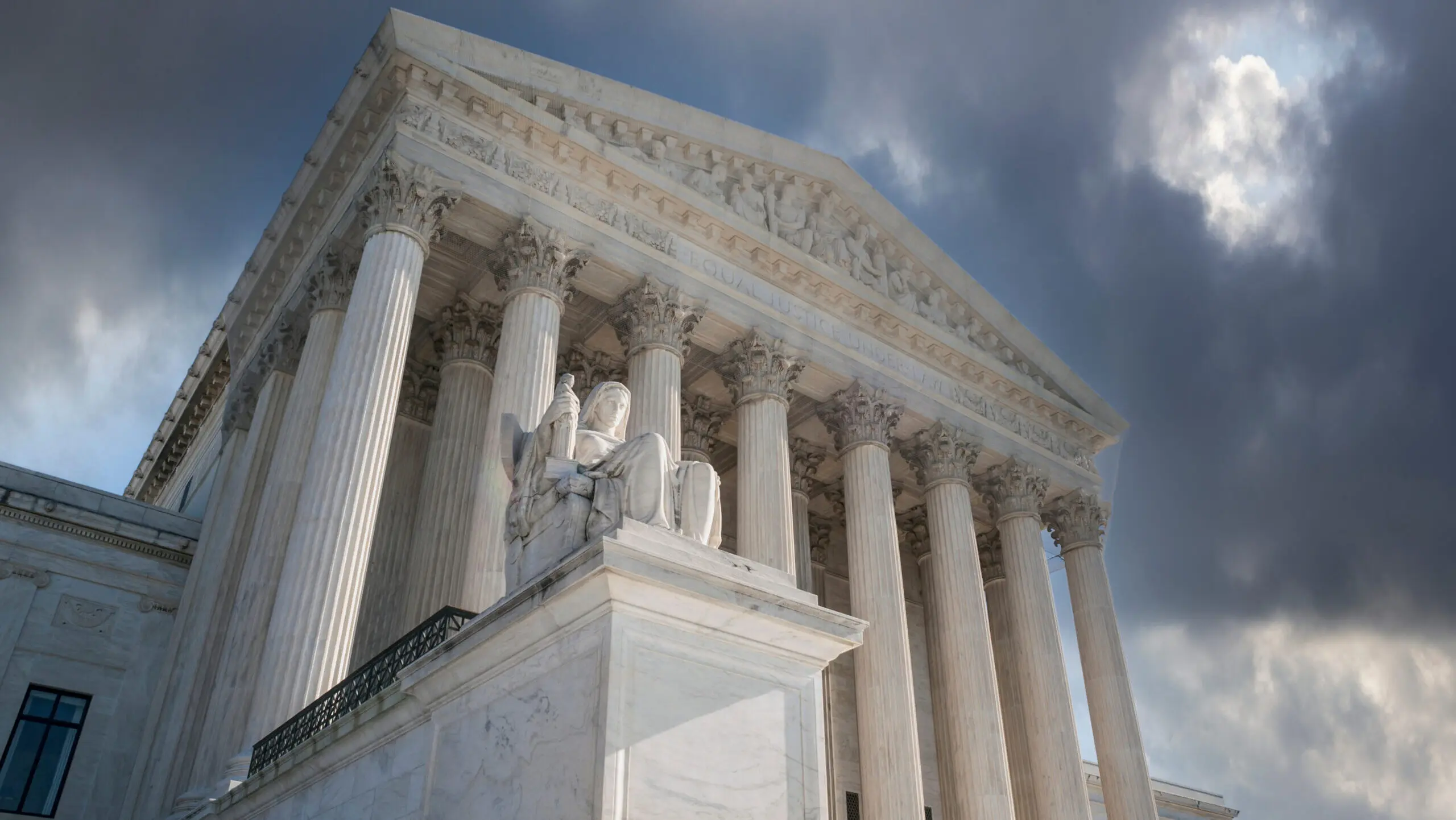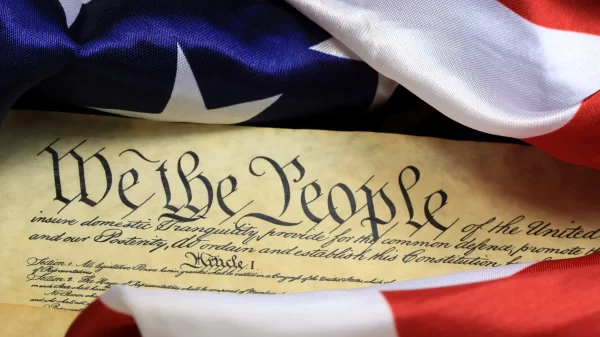In a Supreme Court decision on Thursday, Alexander v. the South Carolina State Conference of the NAACP, the conservative majority has handed the GOP a potent weapon: the ability to gerrymander with near-impunity under the guise of partisanship.
This ruling overturns a lower court’s decision that South Carolina’s congressional map weakened Black voting rights, ostensibly bolstering the Republican stronghold in the House of Representatives. The message is clear: racial gerrymandering, repackaged as partisan strategy, is the new norm.
Chief Justice John Roberts, in the infamous Shelby County v. Holder case, opined that “things have changed dramatically” in the South. Oh, how right he was, but not in the way he intended. The South’s politicians have merely become more sophisticated in disenfranchising voters. Same old story, different tactics.
The Supreme Court’s latest ruling sets a daunting precedent. The 6-3 conservative majority dismissed the notion that South Carolina’s GOP-led legislature had engineered an unconstitutional racial gerrymander, despite evidence that thousands of Black voters were strategically “exiled” to ensure a safer seat for a white Republican. The Court’s rationale? The evidence was deemed weak, and they insisted on presuming lawmakers acted in “good faith.” Ah yes, because when has presuming the best about politicians ever gone wrong?
Justice Samuel A. Alito Jr., writing for the majority, argued that the correlation between race and partisan preferences muddied the waters. According to him, it was impossible to disentangle race from politics. Essentially, if Black voters predominantly support Democrats, then any map disadvantaging them could be justified as partisan, not racial. It’s a convenient loophole that makes it nearly impossible to prove racial gerrymandering. This Herculean task is akin to separating the stripes from a zebra.
Justice Clarence Thomas, always ready to downplay racial issues, concurred but went further. He argued that drawing political districts is a job for politicians, not federal judges. He decried the process as demeaning to Black voters, reducing them to “partisan pawns and racial tokens.” His solution? Leave it to the politicians — because they’ve shown such integrity in the past.
This ruling raises the bar for challenging maps on racial grounds. It echoes the Court’s stance from five years ago, where they found federal courts have no authority to strike down excessively partisan maps. Now, litigants must present overwhelming evidence to prove racial gerrymandering, an almost impossible task given the new standard.
Justice Elena Kagan, writing for the dissenters, nailed it: the majority has made it laughably easy for states to claim their maps aren’t racially motivated. Her scathing dissent highlighted the absurdity of the ruling, noting that states can now hide behind the veneer of partisanship to suppress minority votes. “Go right ahead,” she sarcastically remarked, “this Court says to States today. Cover your tracks well enough, and you’re golden.”
This decision stands in stark contrast to last year’s ruling against Alabama, where the Court found the state’s congressional map diluted Black voters’ power. The whiplash-inducing inconsistency of the Supreme Court’s stance on voting rights reveals a troubling trend: the systematic dismantling of the Voting Rights Act.
Black voters’ alignment with the Democratic Party has long been a thorn in the side of Republican strategists. The Supreme Court, for over a decade, has steadily chipped away at their ability to challenge discriminatory redistricting. This latest ruling is the final nail in the coffin, making it nearly impossible for minority voters to win redistricting cases.
But this is a dog that may one day turn to bite its master, as Democrats could in the future use the same tactics to disenfranchise white voters, which would be equally unfair.
As we watch the Supreme Court’s decisions unfold, one thing becomes abundantly clear: the promise of fair representation is being eroded. The racial gerrymandering cause of action, a vital tool for minority representation, has been effectively neutered. The High Court’s latest move signals a return to a time when the powerful could reshape electoral boundaries without consequence, disenfranchising those who dare to oppose them. When will we all accept that fairness is a universal concept, self-evident, and should bestow the blessing of liberty on every citizen, not just those in power? We must work toward a future where injustice is seen as evil and not simply partisan.















































